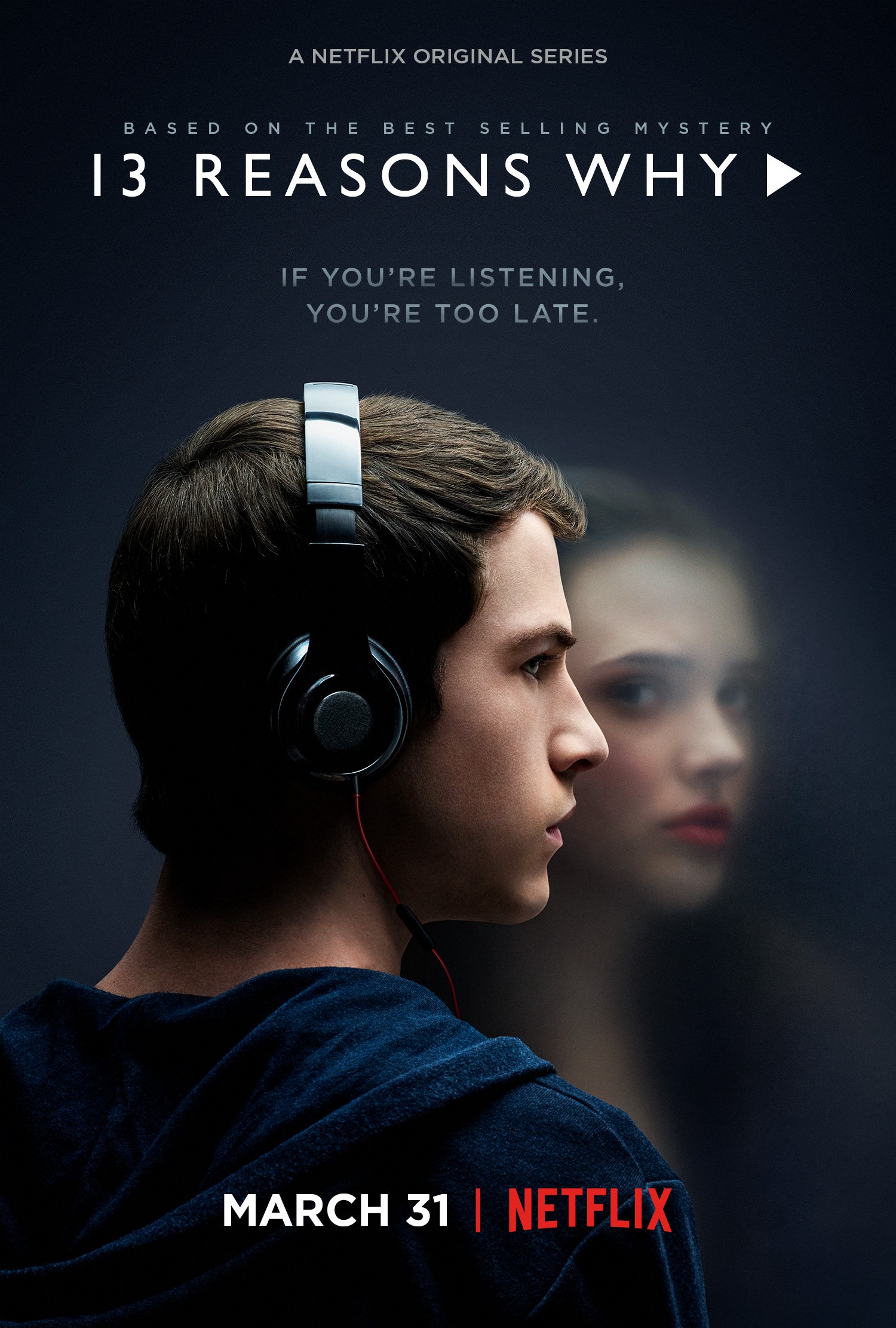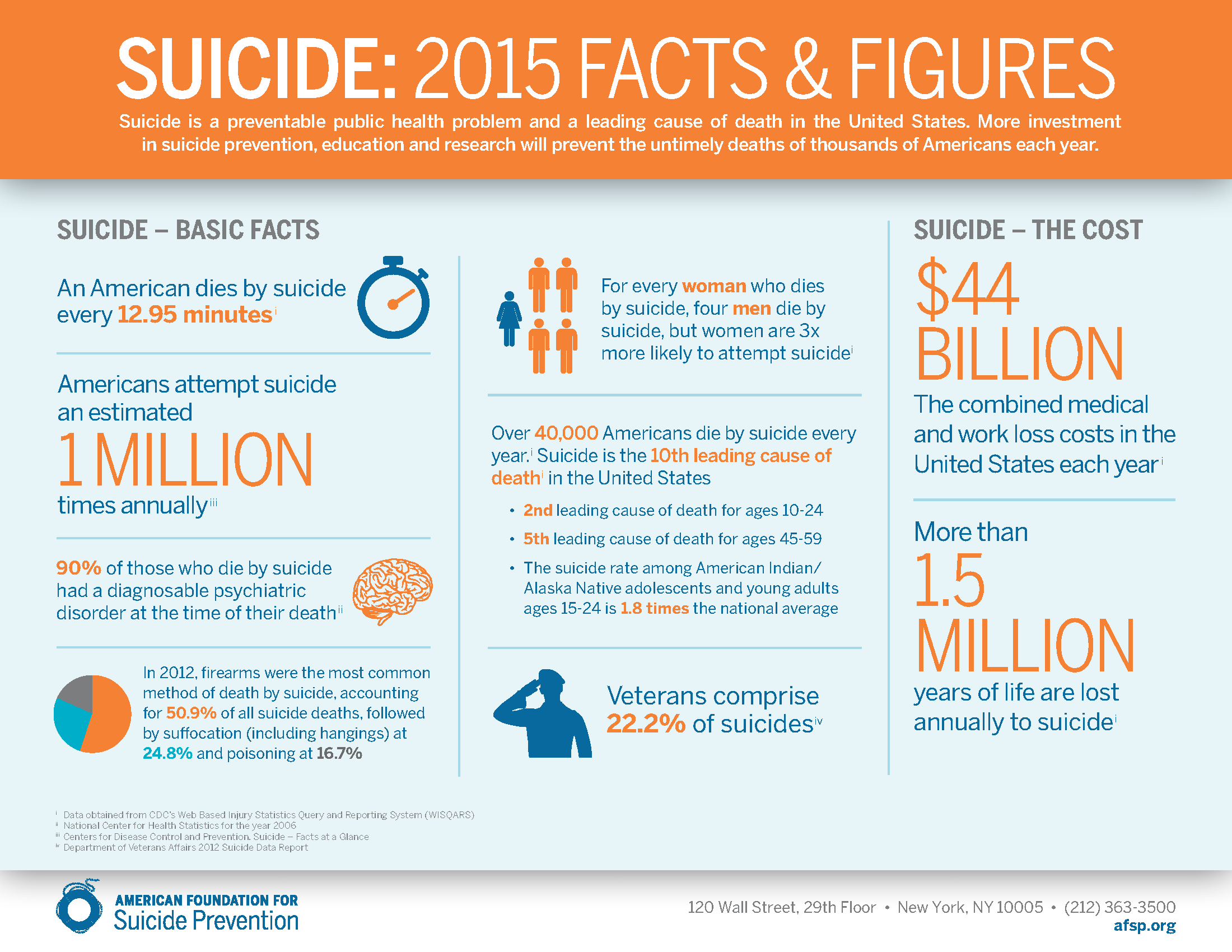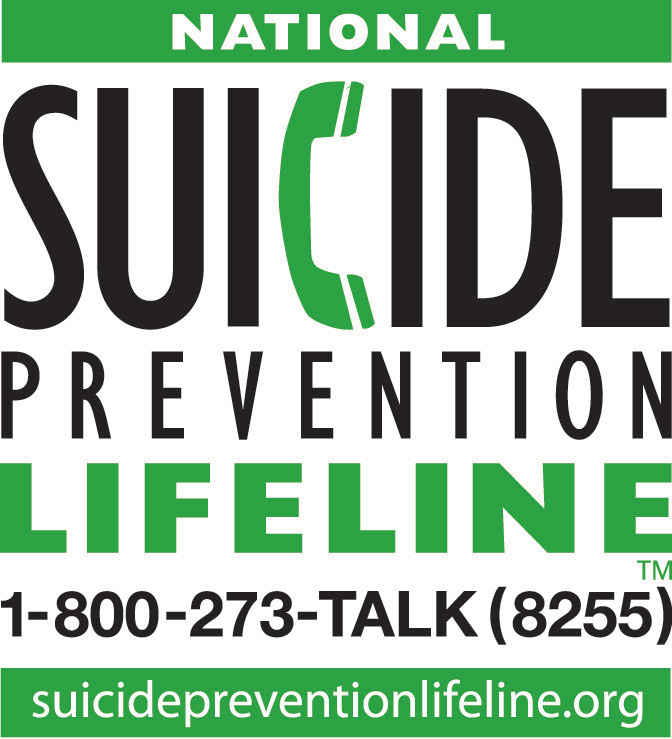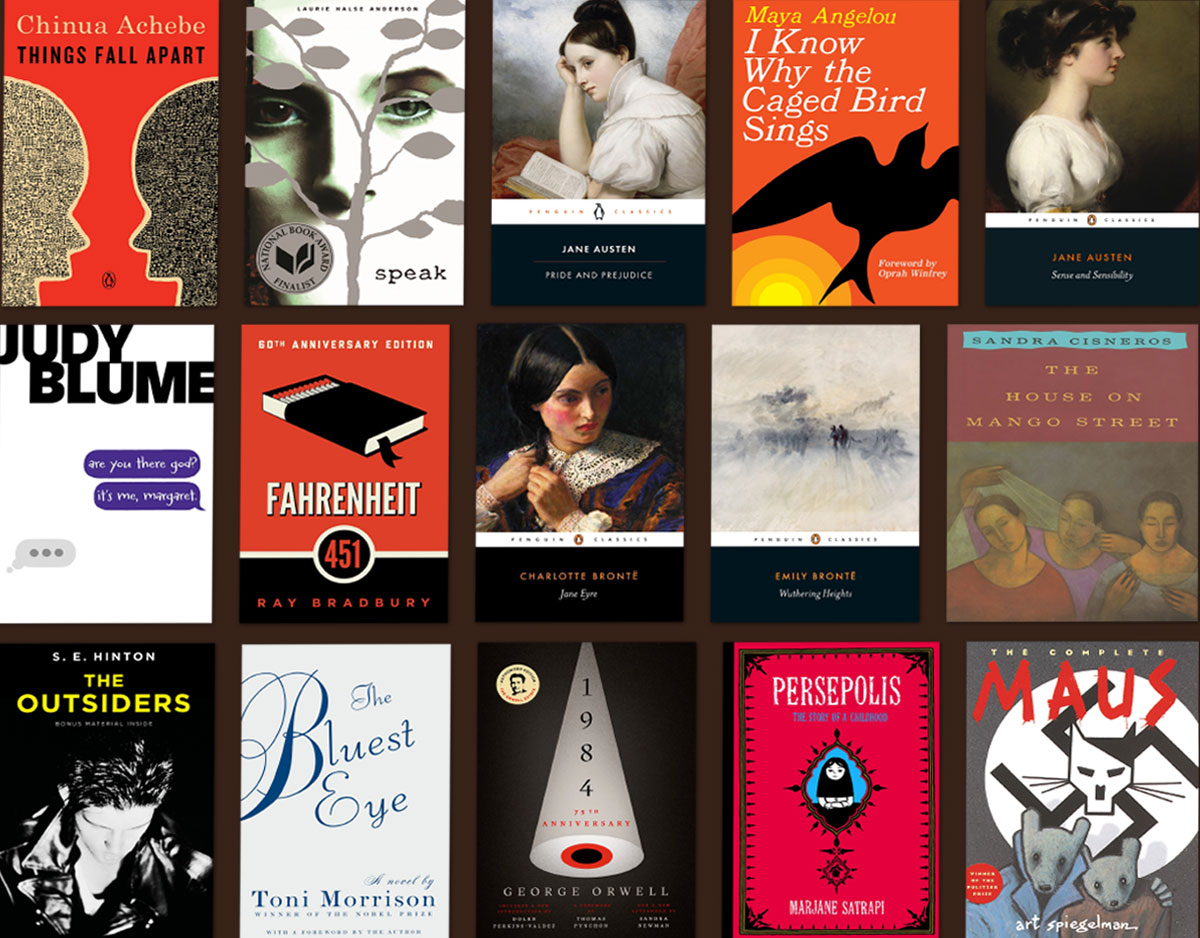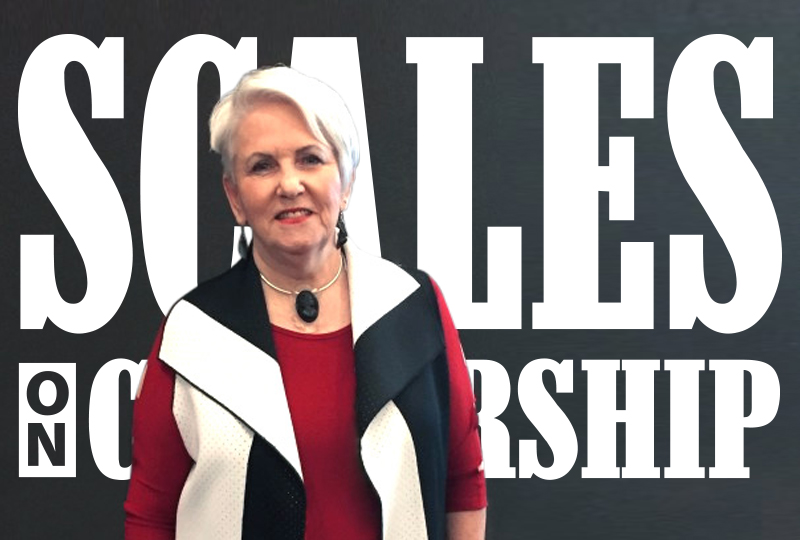In Our Mailbox: More Thoughts on 13 Reason Why, Teens and Libraries
Trigger Warning: Discussion of Sexual Violence and Suicide
So I received a message in my email asking my thoughts on 13 Reasons Why and programming. At the same time, Heather Booth was thinking about doing a book discussion and she tweeted out asking people their thoughts, so we called and talked about it. Here’s what I’m currently thinking about 13 Reasons Why, libraries, teens and programming.
1. The Contagion Effect
In my previous post I alluded to the fact that for reasons that we don’t quite understand, when a school had one suicide they will often have a few more. The term I was looking for at the time is the Contagion Effect. Alexandra Duncan wrote an amazing thread on the teenage brain, mental health and the contagion effect with links to good resources and I highly recommend that everyone read it. When we talk about teens and 13 Reasons Why I think it is important that we keep this information in mind.
ADVERTISEMENT
ADVERTISEMENT
Hey, folks. I need to talk to you for a minute about depression, #13ReasonsWhy, and something called the "contagion effect."
— Alexandra Duncan (@DuncanAlexandra) May 6, 2017
2. We Are Not Concerned with Teenage Intelligence, but with Mental Health
Some of the conversation I have seen regarding 13 Reasons Why suggests that this is adults once again not respecting the intelligence or depth of teens, and I think that is not what is happening here. This is about recognizing, as Alexandra Duncan mentions above, that mental health is different then intelligence. People who struggle with mental health issues, depending on what those issues are and where they are at in their treatment, can respond differently to the same input as a person who does not struggle with mental health issues. There are definite times when that mental illness works really hard to trick us into thinking things about ourselves, our worth, that are a skewed distortion of the truth and it’s easy to see how people in vulnerable situations may react differently to the graphic conversations and depictions of suicide depicted in 13 Reasons Why. It’s not about not respecting teens, it’s about respecting teens who may be struggling with mental illness and understanding how triggering this can be to some of them. It’s also about respecting experts who have dedicated their lives to learning about their field of study, remember it’s not just random adults and parents who are concerned with the on screen depiction but mental health experts with knowledge and experience.
3. Speaking of Experts
I have no problem with the idea of having book discussions or programs on controversial materials or subjects, I just recommend thinking about how we approach those. For example, I have worked at libraries where we have had programs on teen dating violence and domestic violence. The difference is that I had an expert come in and do those programs, and I would recommend the same when talking about 13 Reasons Why which involves mental health and suicide. This isn’t just a program, it’s a program about a topic that is literally life and death and it’s important that we acknowledge the weight of that and respect it. Having an expert on hand to facilitate your program/discussion and to answer any questions is important to make sure that teens are getting the most correct information available to them. If our goal is to serve teens and recognize this important discussion that they are having, then let’s serve them well and make sure they are getting the best information out there on such an important and sensitive topic.
4. Remember, Programming is Opt In
The truth about any book discussion or program in a public library is that it is opt in. This means that our patrons make the choice to come. As long as our marketing is truthful and fully informs our audience of the content of the program and the sensitive nature of the topics, I do think if done well that we can talk about sensitive and controversial things. We put the program together and invite the public, each individual decides whether or not they want to come. Our library system is in its second year of hosting the Great Discussions program, which can in fact contain some controversial topics and discussions. The key is making sure in our marketing to fully inform our prospective audience of what those topics are.
5. What’s the Very Least a Library Should Do Regarding 13 Reasons Why
The popularity of the Netflix series has brought the topics of sexual violence, bullying, mental health and suicide to the forefront of teen discussion. Not only are teens talking about it, but parents, teachers and community members are as well. So this is where we put on our information specialist hats and be pro-active rather than reactive. At the very least, take a moment to review your library policy and inform staff what they are legally and morally required to do if they have a conversation with a teen who they suspect is in some type of harm or danger or at risk for committing suicide. This is an important conversation for librarians to be having with their administration.
ADVERTISEMENT
ADVERTISEMENT
Second, think of having some type of resource ready should questions come up. Make sure you have access to a couple of articles regarding the book and show, have a list of some companion reads, and – MOST IMPORTANTLY – make sure you have a list of local and national resources available. There is a National Suicide Prevention Hotline (shown below) and you may want to put up signs in the library letting that information be known. Locally you may also have some resources that you want to know about to share with patrons.
And finally, a word about streaming the Netflix show in the library. Netflix contracts do not legally allow for the public sharing or streaming of Netflix content, with the exception of The 13th which has been given special permissions for public streaming. In addition, this show is rated M for mature, and if you haven’t watched it yet you should know that is has graphic language, graphic rape scenes, and a graphic depiction of suicide.
And I want to reiterate my previous concern that while it may be great that this book and this show are out there getting teens to talk about very real and important topics that affect them, not all teens have someone to talk to about these topics. And I would caution librarians to think long and hard about what types of conversations they want to have about teens regarding these topics. Know the law, know what your administration will and won’t support, know when and who to refer to, and remind teens that although we may be valued and trusted adults who are experts on the topic of librarianship, we are not experts on the topic of mental health but we will help them find the answer to their questions.
What about sharing our personal stories? I think that is a personal decision that each librarian has to make. And again, each library culture and admin is different so you’ll want to keep in mind what type of boundaries your admin wants you to have with your teens.
Filed under: #MHYALit, Teen Issues
About Karen Jensen, MLS
Karen Jensen has been a Teen Services Librarian for almost 30 years. She created TLT in 2011 and is the co-editor of The Whole Library Handbook: Teen Services with Heather Booth (ALA Editions, 2014).
ADVERTISEMENT
ADVERTISEMENT
SLJ Blog Network
Happy Poem in Your Pocket Day!
This Q&A is Going Exactly As Planned: A Talk with Tao Nyeu About Her Latest Book
More Geronimo Stilton Graphic Novels Coming from Papercutz | News
Parsing Religion in Public Schools
ADVERTISEMENT


